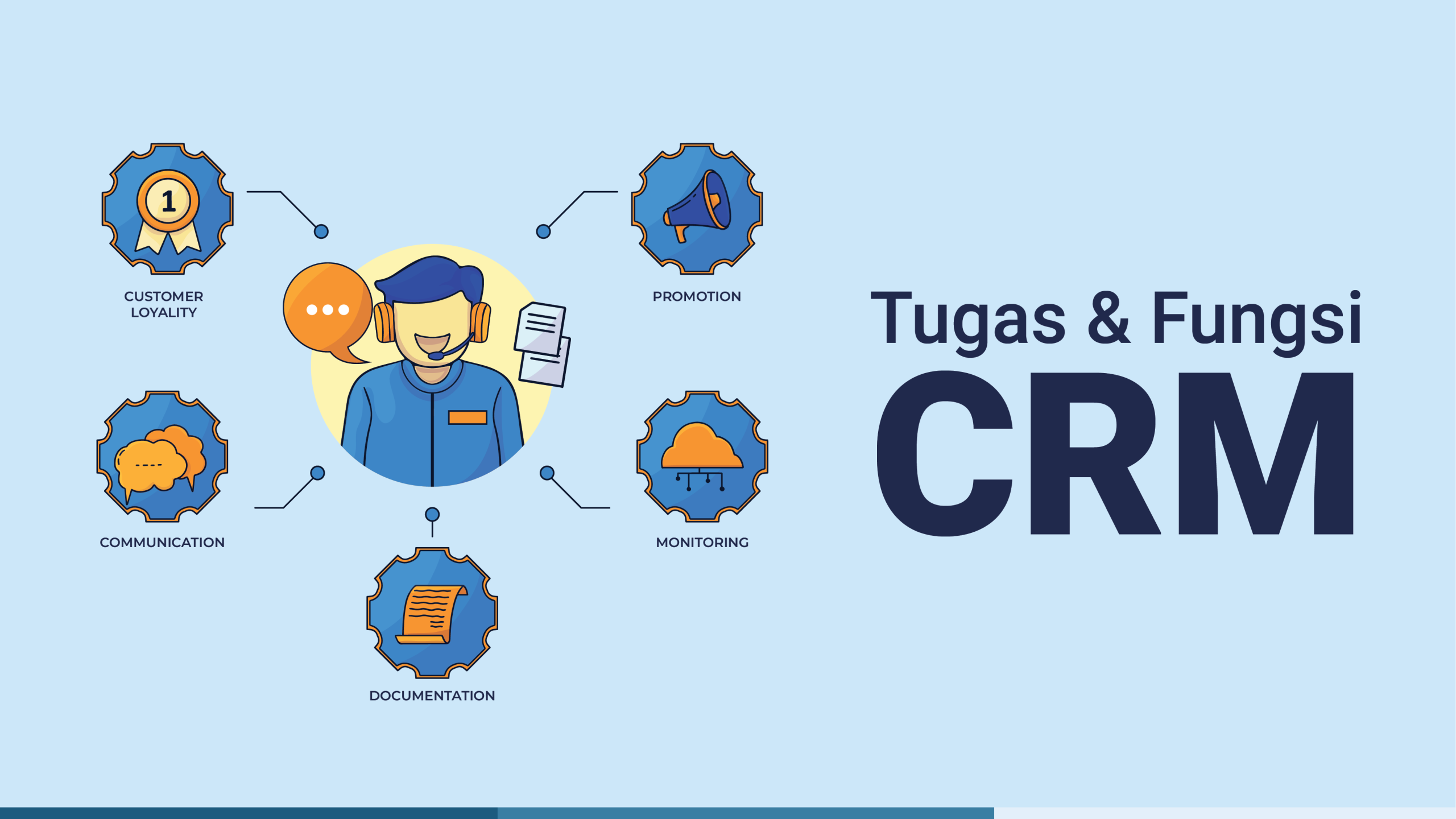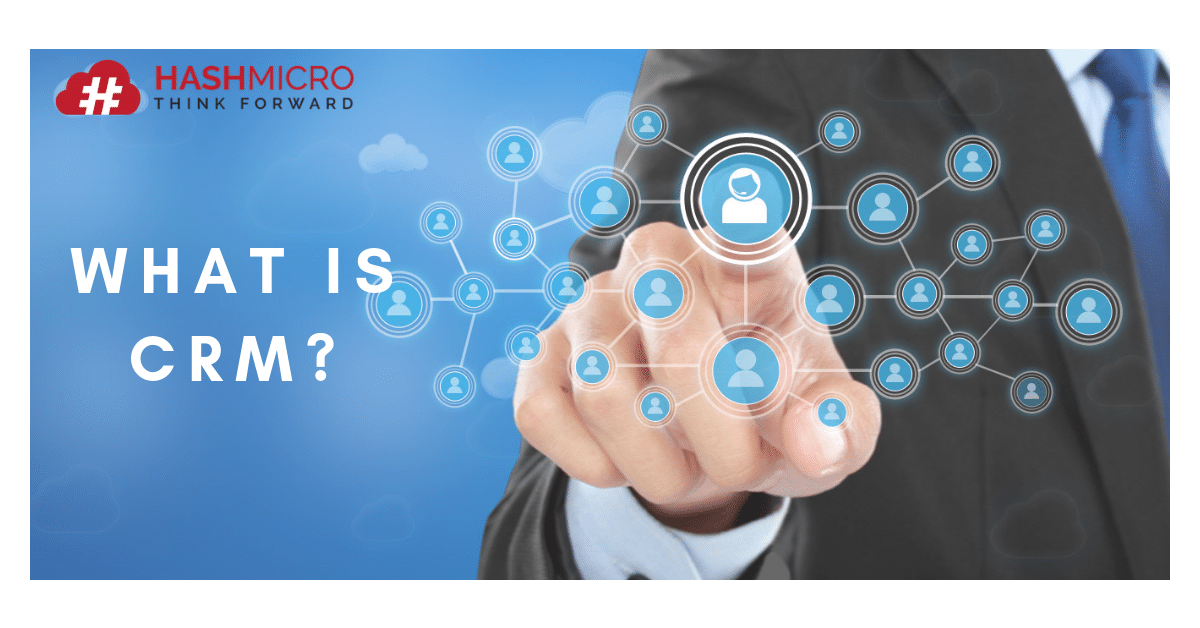Step into the realm of CRM LLC, where customer relationships flourish and business success takes flight. As a leading provider of cutting-edge CRM solutions, CRM LLC empowers businesses of all sizes to harness the power of data and forge enduring connections with their valued customers.
Through its comprehensive suite of services, CRM LLC enables businesses to streamline operations, enhance customer engagement, and drive growth. With a deep understanding of industry best practices and a commitment to innovation, CRM LLC is the trusted partner for businesses seeking to elevate their customer experience and achieve lasting success.
CRM LLC Overview
CRM LLC is a leading provider of customer relationship management (CRM) solutions. With over 10 years of experience in the industry, we have helped businesses of all sizes improve their customer relationships and drive growth.
Our core services include:
- CRM consulting and implementation
- CRM training and support
- CRM integration with other business systems
CRM Best Practices

CRM implementation success requires adherence to industry best practices. These guidelines ensure effective utilization and optimization of CRM systems, maximizing their benefits for businesses. Common challenges and recommendations for optimizing CRM strategies are also discussed here.
Common Challenges in CRM Adoption
- Lack of user adoption:Failure to engage users in the CRM system, leading to low utilization and data accuracy issues.
- Data quality issues:Inaccurate or incomplete data hinders effective CRM analysis and decision-making.
- Integration challenges:Difficulty in integrating CRM with other business systems, resulting in data silos and inefficiencies.
- Inadequate training:Insufficient user training on CRM functionality, leading to suboptimal usage and missed opportunities.
Recommendations for Optimizing CRM Strategies
To enhance CRM effectiveness, consider the following recommendations:
- Define clear CRM objectives:Establish specific, measurable, achievable, relevant, and time-bound goals for CRM implementation.
- Engage stakeholders:Involve key stakeholders in the CRM planning and implementation process to ensure buy-in and support.
- Foster user adoption:Provide comprehensive training, encourage user feedback, and create incentives to promote CRM usage.
- Ensure data quality:Implement data governance policies, establish data entry standards, and utilize data cleansing tools to maintain data accuracy.
- Integrate with other systems:Seamlessly connect CRM with other business systems, such as ERP, marketing automation, and customer support, to create a holistic view of customer interactions.
CRM Market Trends

The CRM industry is constantly evolving, driven by technological advancements and changing customer needs. Emerging trends are shaping the way businesses manage their customer relationships, offering new opportunities for growth and innovation.
Technological advancements have significantly impacted CRM capabilities. Cloud computing has made CRM systems more accessible and affordable for businesses of all sizes. Artificial intelligence (AI) and machine learning (ML) are automating tasks, providing insights, and improving customer experiences. Mobile CRM solutions empower sales teams to stay connected with customers on the go.
Changing Customer Needs
Customer expectations are also driving the evolution of CRM. Customers today demand personalized experiences, omnichannel support, and real-time engagement. CRM systems are adapting to meet these needs by offering features such as customer segmentation, journey mapping, and social media integration.
Data-Driven CRM
Data is becoming increasingly important in CRM. Businesses are using data to gain insights into customer behavior, preferences, and pain points. This data is used to personalize marketing campaigns, improve customer service, and drive sales growth.
Integration and Automation
CRM systems are becoming more integrated with other business applications, such as ERP, marketing automation, and social media management. This integration allows businesses to streamline their operations and gain a complete view of their customers.
Self-Service and Customer Portals
Customers are increasingly using self-service portals to manage their accounts, track orders, and get support. CRM systems are incorporating self-service features to empower customers and reduce the burden on support teams.
The Future of CRM
The future of CRM is bright. As technology continues to advance and customer needs evolve, CRM systems will become even more sophisticated and essential for businesses to succeed in the digital age.
CRM Case Studies
CRM case studies provide valuable insights into the successful implementation and utilization of CRM systems. They showcase the benefits and challenges experienced by businesses, offering practical examples of how CRM can drive business growth and customer satisfaction.
By examining these case studies, we can identify the key factors contributing to CRM success, enabling businesses to learn from the experiences of others and optimize their own CRM strategies.
Benefits of CRM Implementation
- Improved customer service and satisfaction
- Increased sales and revenue
- Enhanced operational efficiency
- Better decision-making
- Increased customer retention and loyalty
Challenges of CRM Implementation
- Cost and complexity of implementation
- Data integration and management
- User adoption and training
- Security and privacy concerns
- Ongoing maintenance and updates
Key Factors for CRM Success
- Clear business objectives
- Executive buy-in and support
- Cross-functional collaboration
- Data quality and integrity
- Effective user training and adoption
- Continuous evaluation and improvement
CRM Software Comparison

CRM software solutions are designed to help businesses manage customer relationships and interactions. When selecting a CRM software, it’s important to compare different options to find the one that best fits your specific needs and budget.
Here is a table comparing some of the most popular CRM software solutions:
| Feature | Salesforce | Microsoft Dynamics 365 | Zoho CRM | HubSpot CRM |
|---|---|---|---|---|
| Pricing | Starting at $25 per user per month | Starting at $65 per user per month | Starting at $12 per user per month | Free for up to 1,000 contacts |
| Target market | Large businesses | Medium to large businesses | Small to medium businesses | Small businesses |
| Key features |
|
|
|
|
| Pros |
|
|
|
|
| Cons |
|
|
|
|
Ultimately, the best CRM software solution for your business will depend on your specific needs and budget. It’s important to carefully consider your requirements before making a decision.
CRM Implementation Plan: Crm Llc

A successful CRM implementation requires careful planning and execution. This involves identifying key stakeholders, defining clear goals, and establishing realistic timelines. Here’s a step-by-step plan to help you navigate the CRM implementation process smoothly.
Key Stakeholders
Identify the individuals and teams who will be impacted by the CRM system. This may include sales, marketing, customer service, and IT departments. Engage with these stakeholders to understand their needs and expectations.
Goals and Objectives
Define specific, measurable, achievable, relevant, and time-bound (SMART) goals for your CRM implementation. These goals should align with your overall business objectives.
Timelines, Crm llc
Establish a realistic timeline for the implementation process. This should include milestones for key activities, such as data migration, system configuration, and user training.
Tips for a Smooth Implementation
- Get executive buy-in and support.
- Involve users in the planning and implementation process.
- Provide comprehensive training and support to ensure user adoption.
- Monitor progress and make adjustments as needed.
- Continuously evaluate the CRM system and make improvements to maximize its effectiveness.
CRM Measurement and ROI
Effective CRM implementation requires ongoing measurement and evaluation to ensure alignment with business objectives and to maximize return on investment (ROI). This involves establishing relevant metrics, calculating ROI, and implementing best practices for performance evaluation.
Metrics for CRM Success
Key metrics for measuring CRM success include:
- Customer satisfaction (CSAT) scores
- Customer lifetime value (CLTV)
- Sales conversion rates
- Lead generation and qualification
- Customer retention rates
Calculating CRM ROI
Calculating CRM ROI involves comparing the benefits gained from CRM implementation to the costs incurred.
ROI = (Benefits
Costs) / Costs
Benefits can include increased sales, improved customer retention, and reduced operational costs. Costs include software licensing, implementation, training, and ongoing maintenance.
Best Practices for CRM Performance Evaluation
Ongoing CRM performance evaluation is crucial to ensure continuous improvement. Best practices include:
- Regularly review key metrics
- Conduct customer surveys and collect feedback
- Analyze CRM data to identify trends and areas for improvement
- Make data-driven decisions to optimize CRM processes
- Continuously monitor and update CRM technology
Last Point
In the ever-evolving landscape of customer relationship management, CRM LLC stands as a beacon of excellence. By embracing emerging technologies and leveraging data-driven insights, CRM LLC empowers businesses to adapt to changing customer needs and stay ahead of the curve.
As a true champion of customer-centricity, CRM LLC continues to push the boundaries of CRM, helping businesses build stronger, more profitable relationships with their customers.
FAQ Explained
What is the core focus of CRM LLC?
CRM LLC is dedicated to providing innovative CRM solutions that empower businesses to enhance customer relationships, streamline operations, and drive growth.
How does CRM LLC differentiate itself in the industry?
CRM LLC stands out with its deep understanding of industry best practices, commitment to innovation, and personalized approach to customer service.
What types of businesses can benefit from CRM LLC’s solutions?
CRM LLC’s solutions are designed to cater to businesses of all sizes and industries, helping them improve customer engagement, sales performance, and overall operational efficiency.

